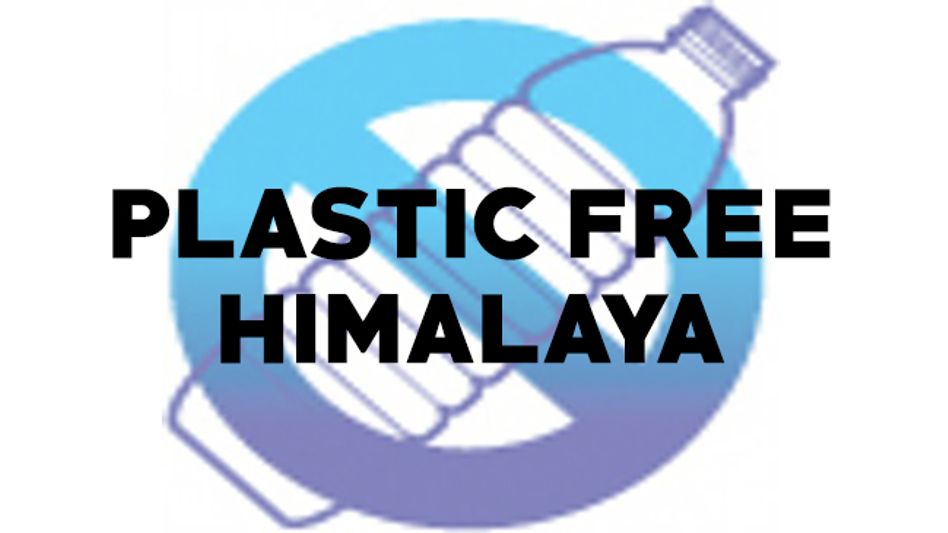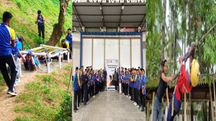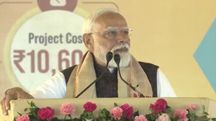ARUNACHAL PRADESH: AWARENESS PROGRAM ON ‘PLASTIC FREE HIMALAYA’
 plastic free
plastic free“Beat the Plastic Pollution” being the theme for World Environment Day 2018, North East Regional Centre of GB Pant National Institute of Himalayan Environment and Sustainable Development (GBPNIHESD) conducted a one-day awareness cum education programme on “Plastic Free Himalaya” in Balijan village under Papum Pare district of Arunachal Pradesh on Saturday.
A total of 130 villagers participated in the programme, which included activities like lecture session, poster demonstration, plastic free pledge, cleanliness drive, plantation, distribution of saplings and installation of low-cost bamboo dustbins.
Scientist in-charge, Er M S Lodhi welcomed all the participants and briefed about R&D activities of the Institute in the Indian Himalayan Region (IHR). He described how plastic creates havoc on our ecosystem and on health of various components of ecosystem including human beings. He also accepted the fact, the use of plastic can’t be stopped overnight, but we can start reducing the use and recycling of plastic as much as possible.
Dr KS Kanwal, Scientist-C of the Institute described the shelf life of plastic we use. Plastic are degradable but takes about 500-1000 years to decompose leaving a long trail of plastic footprints for our many future generation to deal with, he said.
He also made people aware about the hazards of plastic on soil, water, air and on health of all organisms. He encouraged the villagers to use cloth bags instead of packing them in plastic.
Posters on ill effects of plastic on our environment and recycling and reuse of plastic were demonstrated by Sunumoni Kumari. Er OP Arya described various categories of plastic used by us and also gave demonstration on identification of plastic categories and their degree of hazard on environment and human health.
The lecture session was followed by a cleanliness drive and sapling plantation in the Balijan market area, and distribution of saplings and dustbin among participants.
Villagers were aware that plastics are harmful but with the lectures, poster presentation and interactions with scientists they understood the severity of the plastic issue and shared their concern as well. They all pledged to reduce the use of plastic and to increase the use of other alternatives like steel, wood, leaves and bamboo in their day to day life. Indeed, it was a step taken by the Himalayan people towards Plastic Free Himalaya.
Copyright©2025 Living Media India Limited. For reprint rights: Syndications Today









